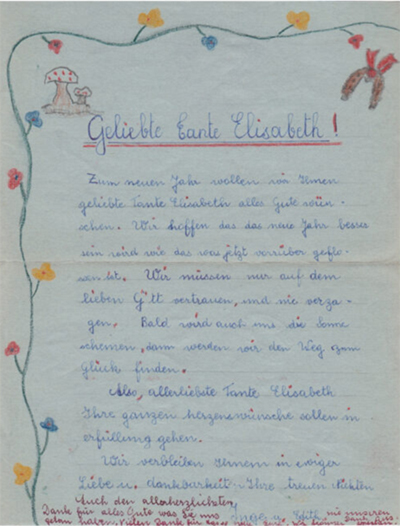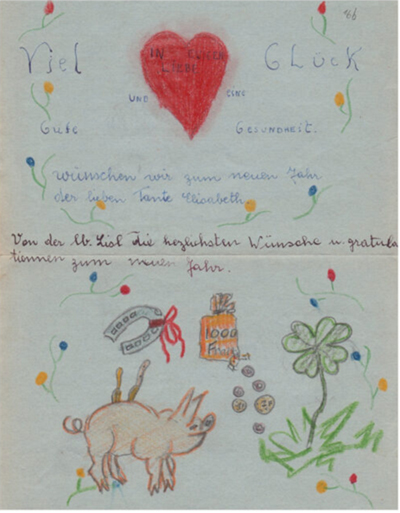New Projects
Saints and Liars
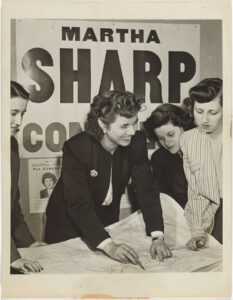
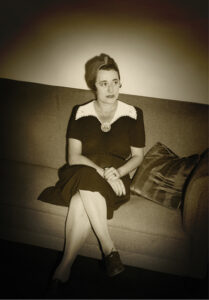
Saints and Liars (in production, WW Norton: 2024) is about Americans – Quakers, Unitarians, Jews – who traveled abroad to aid and, step by step, engaged in rescuing people targeted by Nazi Germany and other racist states. Who were these intrepid souls who became saints and liars as they sought to save lives? Their history illuminates the factors that trigger commitment and lays bare how rescue unfolded on the ground.
Women figured prominently in these initiatives. Philanthropy and service have long been women’s work. But this philanthropy and this service offered unimagined avenues for independent action. The women relished the independence, the freedom from social norms, their overseas assignments offered. And their experiences changed them. They emerge as both agents on behalf of others and subjects who were shaped by what they saw, did, and endured. Their work was transformative: transformative for those they managed to help, and for them, too.
Zooming in on one city, one year, and one person or couple, each chapter offers a microhistory that plumbs the key role of previously hidden factors. The unpredictable: luck, timing, chance, fortuitous circumstances. And the irrational: human sympathies and antipathies, drives, and desires. Nazi ideology, policy, and practice framed the situation. But on the ground, at a particular moment, luck, timing, fortuitous circumstance, spontaneous feelings and irrational impulses shaped individual fates. Just as they shape lives today. Saints and Liars thus prompts us to imagine history —all of history—as a time as full and rich as our own and reframes the way we think about, analyze, and write about the past.
Dear Tante Elisabeth – Letters
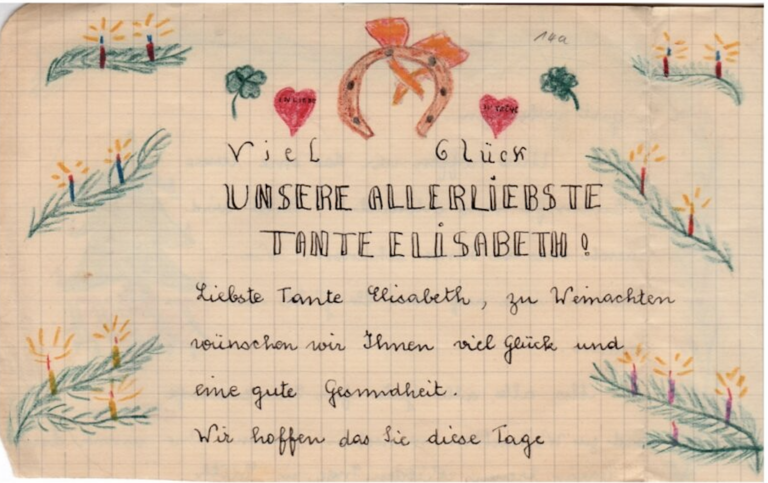
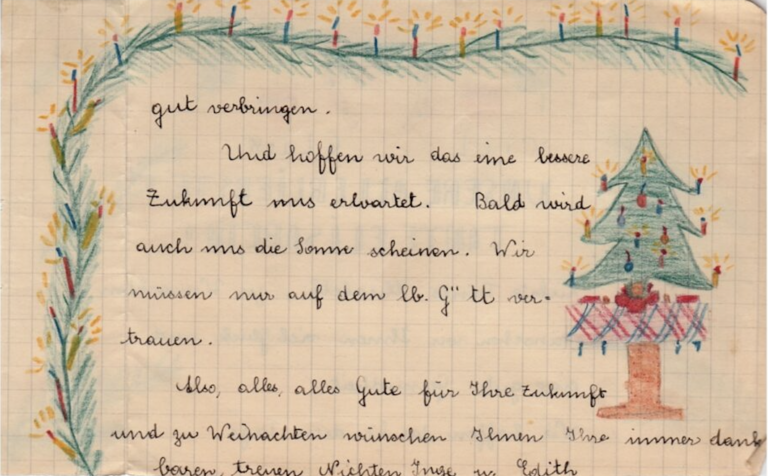
Dear Tante Elisabeth: An Extraordinary, Ordinary Christian during the Holocaust draws upon a cache of over 1,000 letters written by Jewish parents to their children and from the children to their parents. Sent through Elisabeth Luz, a middle-aged, middle-class Christian woman in Stäfa, Switzerland, these letters tell much about daily life, and elucidate the complexities of communication, denial, and silence during and after the Nazi years.
